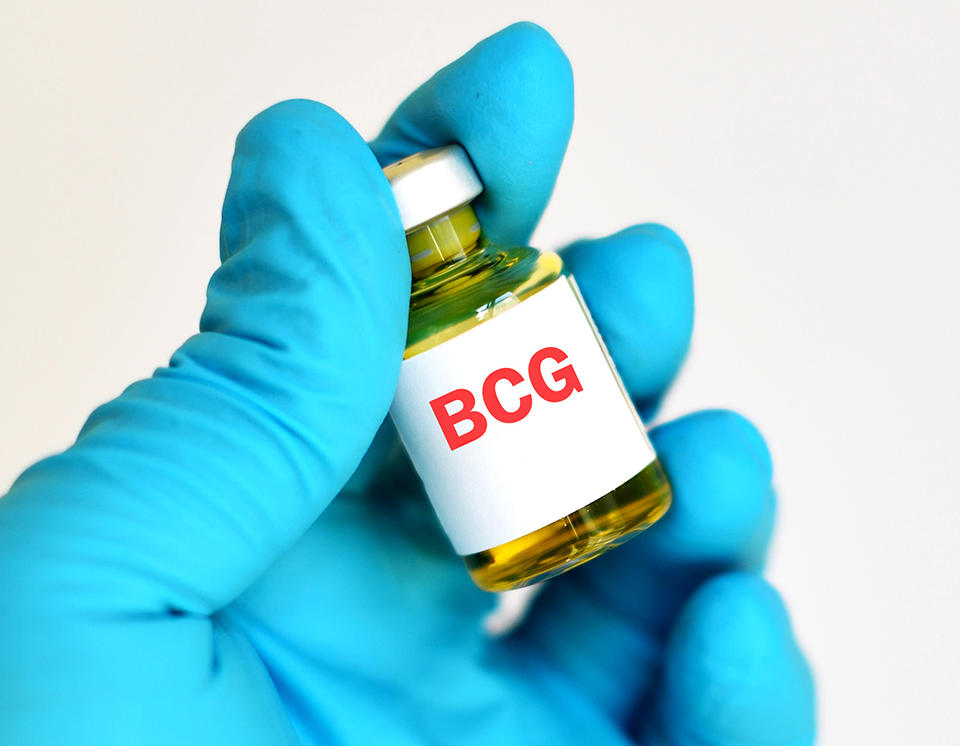What are the types of immune system modulators?
Types of immune system modulators include cytokines, BCG, and immunomodulatory drugs.
Cytokines are proteins made by white blood cells. They play important roles in your body’s normal immune responses and in the immune system’s ability to respond to cancer.
Cytokines that are sometimes used to treat cancer:
- Interferons (INFs). Researchers have found that one type of interferon, called INF-alfa, can enhance your immune response to cancer cells by causing certain white blood cells, such as natural killer cells and dendritic cells, to become active. INF-alfa may also slow the growth of cancer cells or promote their death.
- Interleukins (ILs). There are more than a dozen interleukins, including IL-2, which is also called T-cell growth factor. IL-2 boosts the number of white blood cells in the body, including killer T cells and natural killer cells. Increasing these cells can cause an immune response against cancer. IL-2 also helps B cells (another type of white blood cell) produce certain substances that can target cancer cells.
Cytokines that are sometimes used to reduce side effects from cancer treatment are called hematopoietic growth factors. They promote the growth of blood cells that are damaged by chemotherapy:
- Erythropoietin, which increases the production of red blood cells.
- IL-11, which increases the production of platelets.
- Granulocyte-macrophage colony-stimulating factor (GM-CSF) and granulocyte colony-stimulating factor (G-CSF), which both increase the number of white blood cells. Boosting white blood cells reduces the risk of infections. G-CSF and GM-CSF can also enhance the immune system response against cancer by increasing the number of cancer-fighting T cells.
BCG is a weakened form of the bacteria that causes tuberculosis. It does not cause disease in humans. BCG is used to treat bladder cancer. When inserted directly into the bladder with a catheter, BCG causes an immune response against cancer cells. It is also being studied in other types of cancer. BCG stands for Bacillus Calmette-Guérin.
Immunomodulatory drugs (also called biological response modifiers) stimulate the immune system. They include
- thalidomide (Thalomid®)
- lenalidomide (Revlimid®)
- pomalidomide (Pomalyst®)
- imiquimod (Aldara®, Zyclara®)
Thalidomide, lenaliodomide, and pomalidomide cause cells to release IL-2. They also stop tumors from forming new blood vessels. Tumors need to form new blood vessels to grow beyond a certain size. These three drugs may also be called angiogenesis inhibitors.
Imiquimod is a cream that you rub on the skin. It causes cells to release cytokines.
Which types of cancer are treated with immune system modulators?
Most immune-modulating agents are used to treat advanced cancer. Some are used to help manage side effects.
What are the side effects of immune system modulators?
Immune-modulating agents can cause side effects, which affect people in different ways. The side effects you may have and how they make you feel will depend on how healthy you are before treatment, your type of cancer, how advanced it is, the type of immune-modulating agent you are getting, and the dose.
Doctors and nurses cannot know for sure when or if side effects will occur or how serious they will be. So, it is important to know which signs to look for and what to do if you start to have problems.
Immune-modulating agents can cause flu-like symptoms, which include
- fever
- chills
- weakness
- dizziness
- nausea or vomiting
- muscle or joint aches
- fatigue
- headache
Learn more about flu-like symptoms caused by cancer treatment.
Cytokines can also cause many serious side effects
- trouble breathing
- low or high blood pressure
- severe allergic reactions
- lowered blood counts, which can raise the risk of infections and cause bleeding problems
- blood clots
- problems with mood, behavior, thinking, and memory
- skin problems, such as rash, burning at injection site, and ulcers
- organ damage
BCG can also cause urinary side effects.
Thalidomide, lenalidomide, and pomalidomide can cause
- blood clots
- nerve problems that lead to pain, numbness, tingling, swelling, or muscle weakness in different parts of the body
- birth defects, if used during pregnancy
Imiquimod can cause skin reactions.

